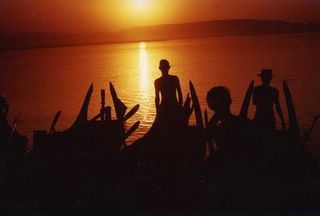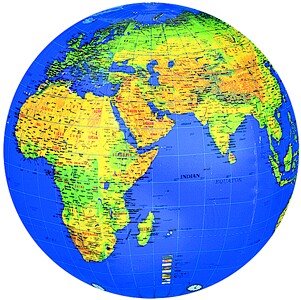

The travel writing community rarely has hot issues to discuss among themselves, but the recent issue of a book called "Smile While You're Lying" by travel writer Chuck Thompson has them up in arms.
Not sure why. He claims he was encouraged by his magazine publishers to write positive or at least not totally negative mentions of the tourist infrastructure (hotels, restaurants, airlines) when he went on assignment.
Yeah, so what. I'm a travel writer, but very few writers sculpt their verbiage; the bad shit is sometimes dropped and you find something interesting to write about your cookie cutter place. I only slam famous places that have gone bad and need a warning, and that's very unusual....I'd say less than five percent. And I have reviewed several hundred, perhaps thousands, of hotel properties in SE Asia.
Chuck Thompson came to San Francisco a few weeks ago and I had a chance to meet him at an Irish pub of the Tenderloin, and Chuck was a friendly guy with no pretensions about his book, which is mostly about his travel adventures and not his existential philosophy about the great good of humankind, but he does resent reviews of his book from journalists who have betrayed his trust, such as Rolf Potts.
New York Times
Brave New Traveler Interview with Chuck
World Hum Opinion by Rolf Potts
Gadling Interview

















 Carla and Ural with Sidecar
Carla and Ural with Sidecar







 Japan MPC Five Cents 1960
Japan MPC Five Cents 1960




